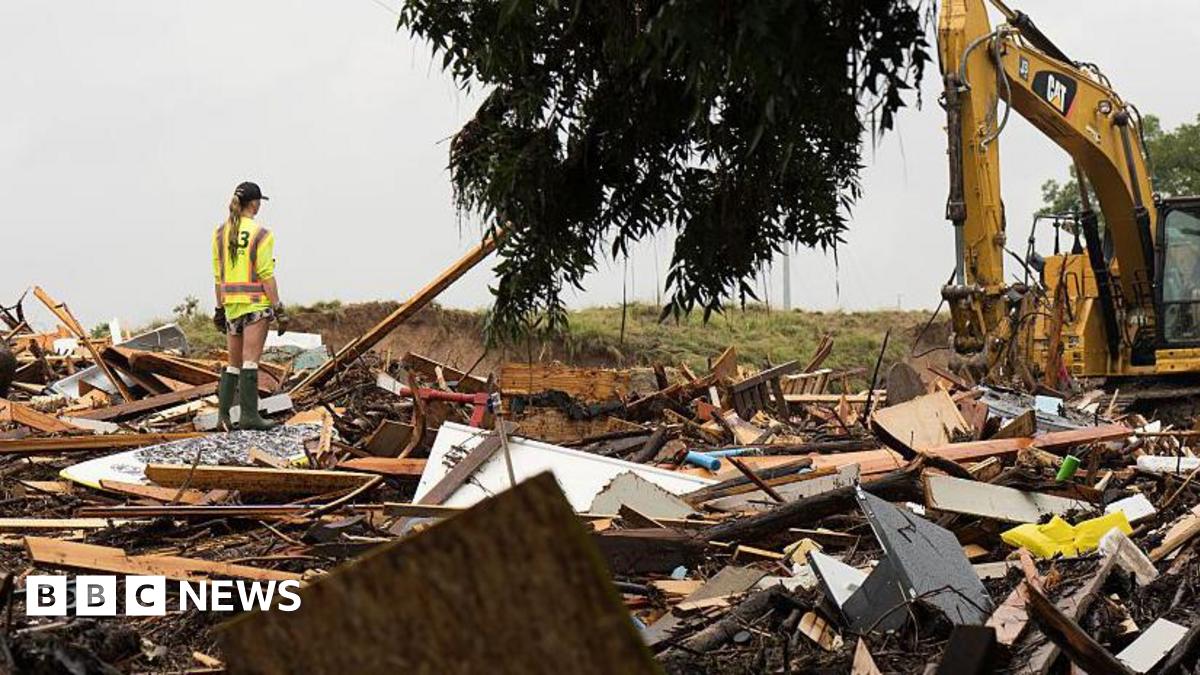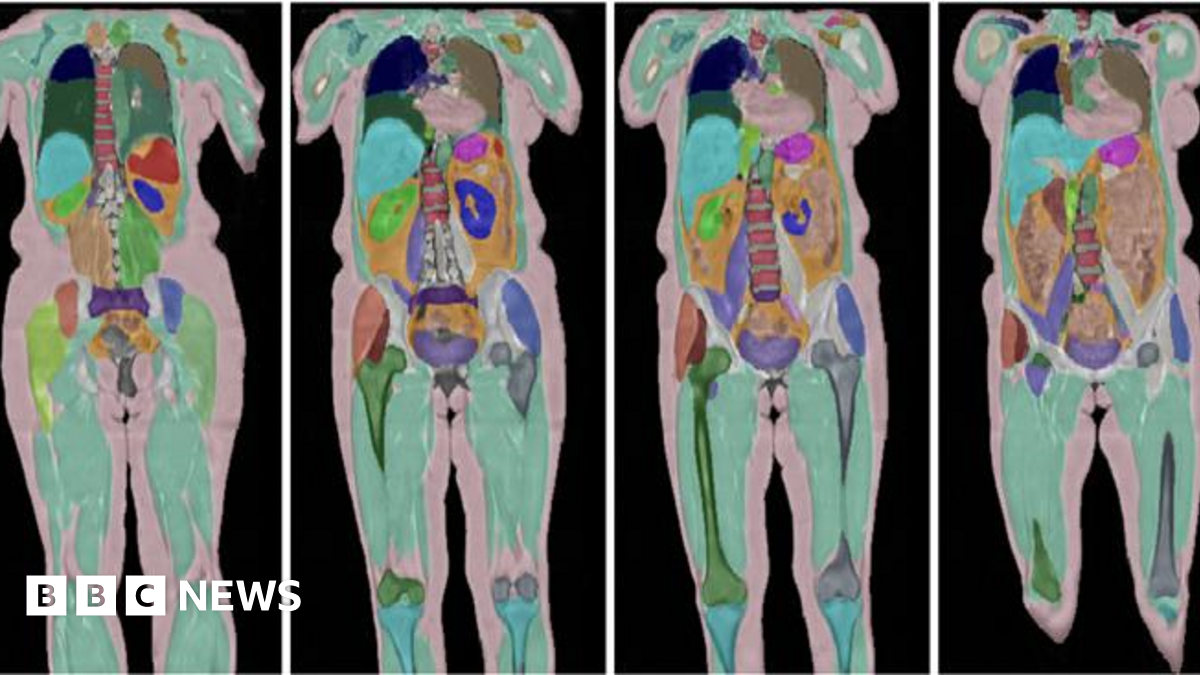The JNIM Threat: Al-Qaeda's Impact On Instability In Mali

Welcome to your ultimate source for breaking news, trending updates, and in-depth stories from around the world. Whether it's politics, technology, entertainment, sports, or lifestyle, we bring you real-time updates that keep you informed and ahead of the curve.
Our team works tirelessly to ensure you never miss a moment. From the latest developments in global events to the most talked-about topics on social media, our news platform is designed to deliver accurate and timely information, all in one place.
Stay in the know and join thousands of readers who trust us for reliable, up-to-date content. Explore our expertly curated articles and dive deeper into the stories that matter to you. Visit Best Website now and be part of the conversation. Don't miss out on the headlines that shape our world!
Table of Contents
The JNIM Threat: Al-Qaeda's Impact on Instability in Mali
Mali, a nation grappling with a complex web of political instability and violent extremism, faces a significant threat from Jama'at Nusrat al-Islam wal-Muslimin (JNIM). This Al-Qaeda affiliate has become a major driver of insecurity, undermining the fragile peace and hindering the country's development. Understanding JNIM's activities and its impact is crucial to addressing the ongoing crisis in Mali and the wider Sahel region.
The Rise of JNIM: A Consolidation of Power
JNIM, meaning "Group for the Support of Islam and Muslims," emerged in 2017 from a merger of several prominent jihadist groups operating in Mali. This consolidation of power under Al-Qaeda's banner significantly increased the group's operational capabilities and territorial control. Before the merger, groups like Ansar Dine and Al-Qaeda in the Islamic Maghreb (AQIM) operated somewhat independently, limiting their overall impact. JNIM’s formation represented a strategic shift, allowing for greater coordination and a more potent threat.
JNIM's Tactics: Insurgency and Terrorism
JNIM employs a range of tactics to destabilize Mali. These include:
- Guerrilla Warfare: JNIM fighters engage in hit-and-run attacks against government forces and civilian targets. These attacks often involve ambushes, improvised explosive devices (IEDs), and targeted assassinations.
- Terrorist Attacks: Large-scale attacks against civilians, including bombings and sieges, are designed to instill fear and undermine public confidence in the government.
- Recruitment and Propaganda: JNIM actively recruits members through religious indoctrination and promises of power and protection, exploiting existing grievances and inequalities within Malian society. Effective propaganda campaigns spread their message across various platforms.
- Control of Territory: JNIM seeks to establish control over key areas, particularly in the rural regions of Mali, using these territories as bases for operations and revenue generation.
The Impact on Mali's Stability
JNIM's activities have had a devastating impact on Mali's stability:
- Displacement and Humanitarian Crisis: Thousands of Malians have been displaced from their homes due to the violence, creating a significant humanitarian crisis. [Link to UNHCR report on Malian refugee crisis]
- Economic Disruption: The conflict disrupts economic activities, particularly in the agricultural sector, exacerbating poverty and inequality.
- Weakening of the State: The government's ability to provide security and essential services is significantly hampered, leading to a further erosion of state authority.
- Regional Instability: JNIM's influence extends beyond Mali's borders, threatening neighboring countries and contributing to instability in the wider Sahel region.
Addressing the JNIM Threat: A Multifaceted Approach
Combating JNIM requires a multifaceted approach that includes:
- Military Intervention: While military action is necessary to degrade JNIM's capabilities, it's not a sufficient solution on its own. [Link to article on limitations of military intervention in the Sahel]
- Development and Governance Reforms: Addressing the root causes of conflict, such as poverty, inequality, and weak governance, is essential to preventing future recruitment.
- Counter-Terrorism Strategies: Effective counter-terrorism strategies are needed to disrupt JNIM's networks and operations, including intelligence gathering and law enforcement efforts.
- International Cooperation: Regional and international cooperation is vital to effectively combating JNIM, sharing intelligence, and coordinating military and development efforts.
Conclusion:
JNIM poses a serious and ongoing threat to Mali's stability and the security of the wider Sahel region. Addressing this threat requires a comprehensive and sustained effort involving military action, development initiatives, counter-terrorism strategies, and strong international cooperation. Failure to do so will likely lead to further instability, displacement, and humanitarian suffering. The future of Mali hinges on a successful strategy to counter JNIM's influence and build a more secure and prosperous future for its people.

Thank you for visiting our website, your trusted source for the latest updates and in-depth coverage on The JNIM Threat: Al-Qaeda's Impact On Instability In Mali. We're committed to keeping you informed with timely and accurate information to meet your curiosity and needs.
If you have any questions, suggestions, or feedback, we'd love to hear from you. Your insights are valuable to us and help us improve to serve you better. Feel free to reach out through our contact page.
Don't forget to bookmark our website and check back regularly for the latest headlines and trending topics. See you next time, and thank you for being part of our growing community!
Featured Posts
-
 Texas Flood Crisis 78 Confirmed Dead Scores Missing Further Rain Expected
Jul 09, 2025
Texas Flood Crisis 78 Confirmed Dead Scores Missing Further Rain Expected
Jul 09, 2025 -
 Cnn Captures Texas House Carried Away By Devastating Flash Flood
Jul 09, 2025
Cnn Captures Texas House Carried Away By Devastating Flash Flood
Jul 09, 2025 -
 Pm Faces Growing Revolt Amidst Concerns Over Dental Care Access
Jul 09, 2025
Pm Faces Growing Revolt Amidst Concerns Over Dental Care Access
Jul 09, 2025 -
 Space X Starlink Mission Update Falcon 9 Launch Live From Cape Canaveral
Jul 09, 2025
Space X Starlink Mission Update Falcon 9 Launch Live From Cape Canaveral
Jul 09, 2025 -
 Free Spirit Empress Legendary Card In Clash Royale Limited Time Offer
Jul 09, 2025
Free Spirit Empress Legendary Card In Clash Royale Limited Time Offer
Jul 09, 2025
Latest Posts
-
 A Students Guide To Personal Injury Law Challenges And Rewards Of The Legal Profession
Jul 16, 2025
A Students Guide To Personal Injury Law Challenges And Rewards Of The Legal Profession
Jul 16, 2025 -
 Putin And Trump A Continuing Conflict Despite Trumps Disappointment
Jul 16, 2025
Putin And Trump A Continuing Conflict Despite Trumps Disappointment
Jul 16, 2025 -
 The Shocking Details Of The Marten And Gordon Case A Nations Disbelief
Jul 16, 2025
The Shocking Details Of The Marten And Gordon Case A Nations Disbelief
Jul 16, 2025 -
 100 000 Uk Volunteers Contribute To Massive Human Imaging Study
Jul 16, 2025
100 000 Uk Volunteers Contribute To Massive Human Imaging Study
Jul 16, 2025 -
 Laid Off King Employees Replaced By Ai They Helped Create
Jul 16, 2025
Laid Off King Employees Replaced By Ai They Helped Create
Jul 16, 2025
